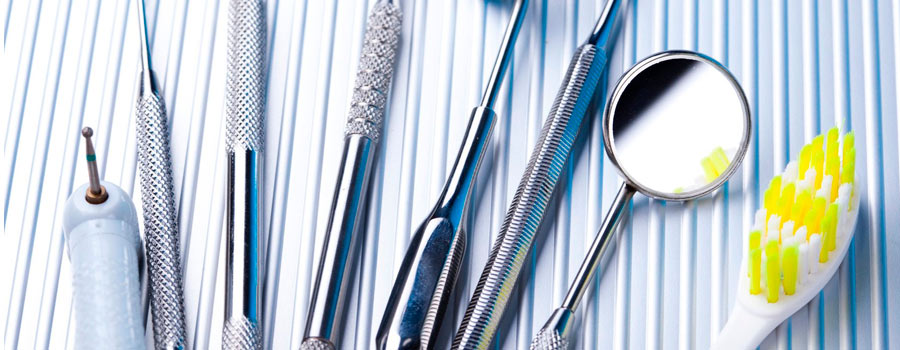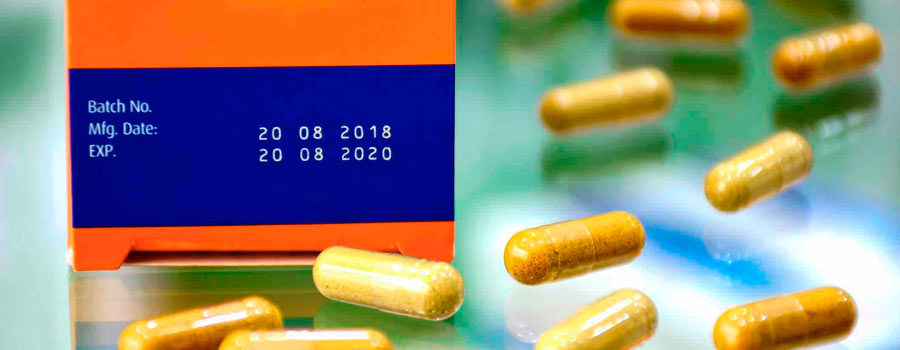- Have any questions?
- (772) 318-6829

Expired Medical Supplies Stores
22 de February de 2023GB Tech USA Provides Safe and Affordable Expired Medical Supplies for Sale in Miami
28 de February de 2023Expired Dental Supplies and Equipment
Are they any good?
A recent report published by the USnews stated that medical supplies that are in perfect, usable condition are often put out in the trash by health care facilities, ProPublica reported. And it adds up to an estimated $765 billion a year, according to a 2012 report by the National Academy of Medicine.
The report pointed out that a 15,000-square-foot warehouses just outside of Portland, is filled with shelves reaching the ceiling full of unopened packages of everyday medical equipment that would be sent to landfills if not for her project. "This is money," McLellan told ProPublica, pointing to her warehouse. "This is one of the reasons why your health insurance is so expensive."
As legislators debate over the future of the Affordable Care Act "medical surplus," or usable supplies that hospitals throw out each and every year. But the question is why is the happening? And what can be done about it?
According to experts there are many reasons why buying soon to expired or expired medications is perfectly fine since most medications are consumed years before they are expired. Before you throw your medication out or are hesitant to buy expired medication you need to first know how drug expiration dates are determined.
According to the FDA website Food and Drugs Administration regulations require drug applicants to provide stability testing data with a proposed expiration date and storage conditions when they submit an application for FDA approval of their drug. This testing is designed to provide confidence that the product will meet the applicable standards of strength, quality, and purity throughout its shelf-life. The FDA verifies that an applicant’s proposed expiration date is supported by appropriate studies that the applicant has conducted.
However. Dental supplies such as toothpaste, floss, toothbrush and mouthwash among others medical supplies are perfectly perfect after their shelf life. Most mouthwashes contain alcohol or some other type of antiseptic. Though this is the active ingredient, rinses also have a high-water percentage. After 2-3 years that antiseptic starts to dissolve. This leaves mouthwash with even more water, thus increasing the chance for bacterial growth. As for tooth paste after 2 years, flavor and fluoride fade. Not only will your mouth miss out on mint, fluoride won’t stick to your teeth as well as a timely tube. Floss on the other hand never expires.
Pharmacies, both retail and hospital, nursing homes, and consumers toss away billions of dollars of medications each year based on stamped expiration dates on stock bottles. This has resulted in over $800 million in drugs lost annually. Despite this, The United States Pharmacopeia (USP), the body that sets the standards for pharmaceutical quality in the U.S., recommends using "beyond use" dates. The "beyond use" date would never be later than the expiration date on the manufacturer's bottle.
It is recommended that if you do buy expired medical supply of any sort, you must buy it from a reputable company, Drugs held by consumers may have been stored under varied conditions after entering the market. As a result, it would be difficult to conduct testing to determine expiration dates that would be meaningful and generally applicable after prolonged periods of storage under different conditions. The appropriate conditions will depend on the drug, but may include considerations regarding temperature, humidity, and exposure to light. So, buying soon to expired drugs from a reliable US company such as GB Tech US might not just save you a headache, it could save some dollars as well. Visit https://www.gbtechusa.com
Source
https://www.usnews.com/news/healthcare-of-tomorrow/articles/2017-03-09/hospitals-are-wasting-billions-of-dollars-worth-of-medical-equipment
Reducing Pharmacy Waste and Expanding ROI | Modern Healthcare
Expiration Dates - Questions and Answers | FDA
A recent report published by the USnews stated that medical supplies that are in perfect, usable condition are often put out in the trash by health care facilities, ProPublica reported. And it adds up to an estimated $765 billion a year, according to a 2012 report by the National Academy of Medicine.
The report pointed out that a 15,000-square-foot warehouses just outside of Portland, is filled with shelves reaching the ceiling full of unopened packages of everyday medical equipment that would be sent to landfills if not for her project. "This is money," McLellan told ProPublica, pointing to her warehouse. "This is one of the reasons why your health insurance is so expensive."
As legislators debate over the future of the Affordable Care Act "medical surplus," or usable supplies that hospitals throw out each and every year. But the question is why is the happening? And what can be done about it?
According to experts there are many reasons why buying soon to expired or expired medications is perfectly fine since most medications are consumed years before they are expired. Before you throw your medication out or are hesitant to buy expired medication you need to first know how drug expiration dates are determined.
According to the FDA website Food and Drugs Administration regulations require drug applicants to provide stability testing data with a proposed expiration date and storage conditions when they submit an application for FDA approval of their drug. This testing is designed to provide confidence that the product will meet the applicable standards of strength, quality, and purity throughout its shelf-life. The FDA verifies that an applicant’s proposed expiration date is supported by appropriate studies that the applicant has conducted.
However. Dental supplies such as toothpaste, floss, toothbrush and mouthwash among others medical supplies are perfectly perfect after their shelf life. Most mouthwashes contain alcohol or some other type of antiseptic. Though this is the active ingredient, rinses also have a high-water percentage. After 2-3 years that antiseptic starts to dissolve. This leaves mouthwash with even more water, thus increasing the chance for bacterial growth. As for tooth paste after 2 years, flavor and fluoride fade. Not only will your mouth miss out on mint, fluoride won’t stick to your teeth as well as a timely tube. Floss on the other hand never expires.
Pharmacies, both retail and hospital, nursing homes, and consumers toss away billions of dollars of medications each year based on stamped expiration dates on stock bottles. This has resulted in over $800 million in drugs lost annually. Despite this, The United States Pharmacopeia (USP), the body that sets the standards for pharmaceutical quality in the U.S., recommends using "beyond use" dates. The "beyond use" date would never be later than the expiration date on the manufacturer's bottle.
It is recommended that if you do buy expired medical supply of any sort, you must buy it from a reputable company, Drugs held by consumers may have been stored under varied conditions after entering the market. As a result, it would be difficult to conduct testing to determine expiration dates that would be meaningful and generally applicable after prolonged periods of storage under different conditions. The appropriate conditions will depend on the drug, but may include considerations regarding temperature, humidity, and exposure to light. So, buying soon to expired drugs from a reliable US company such as GB Tech US might not just save you a headache, it could save some dollars as well. Visit https://www.gbtechusa.com
Source
https://www.usnews.com/news/healthcare-of-tomorrow/articles/2017-03-09/hospitals-are-wasting-billions-of-dollars-worth-of-medical-equipment
Reducing Pharmacy Waste and Expanding ROI | Modern Healthcare
Expiration Dates - Questions and Answers | FDA





